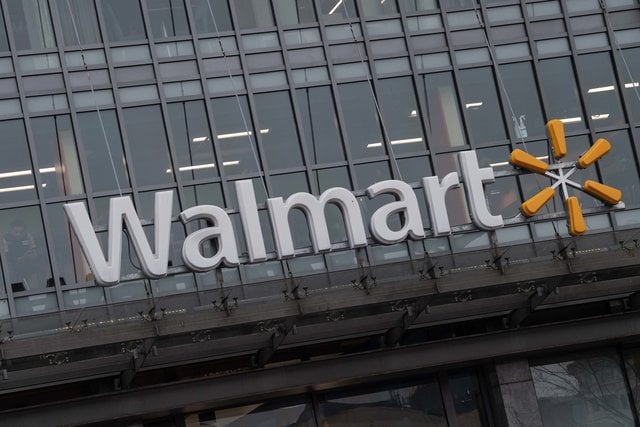The Norwegian fund, which manages more than $1 trillion in assets, withdrew from the American retail giant in 2006 “based on an assessment of serious or systematic violations of human rights”, relating to poor working conditions within the company and lack of monitoring of supply chains.
The Council on Ethics, an advisory body that guides the fund's investments, ruled that “the grounds for exclusion are no longer present”, according to a statement released by the Norwegian central bank, which manages the fund.
The decision concerns Walmart's American parent company and the group's Mexican subsidiary.
The central bank is also opening the door for the fund to invest in two branches of the Anglo-Australian mining giant Rio Tinto, Canadian fertiliser company Nutrien, Mexican conglomerate Carso and American defence firm General Dynamics.
Rio Tinto had been excluded due to the company's environmental impact inIndonesia, Carso for the production of tobacco, Nutrien for its operations in Western Sahara and General Dynamics for the company's production of cluster munitions.
Norway's sovereign wealth fund manages the country's oil revenues in order to finance the country's generous welfare state when its oil and gas wells run dry.
It is governed by ethical guidelines that prohibit it from investing in companies guilty of gross human rights violations, those that manufacture weapons that violate “fundamental humanitarian principles,” or companies producing coal or tobacco.
Having investments in more than 9,000 companies, the fund controls the equivalent of 1.4 percent of the world's market capitalisation, and its decisions are often followed by other investors.


 Please whitelist us to continue reading.
Please whitelist us to continue reading.